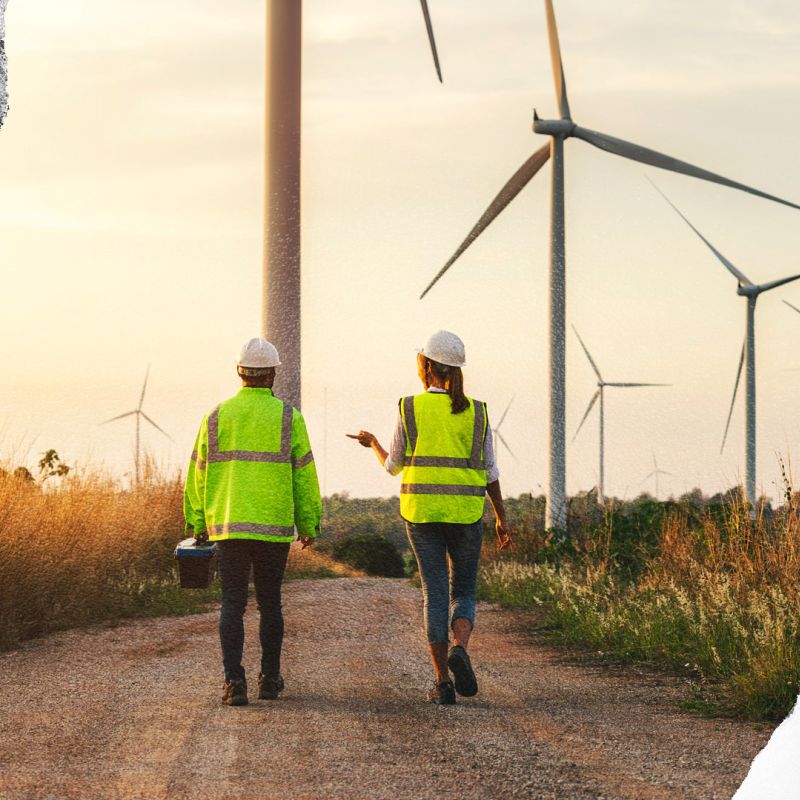
Climate action can make lives better for people and the planet.
That’s why Friends of the Earth pioneered a campaign which led to the UK passing the world’s first legally-binding climate law in 2008.
Since then, we’ve taken the government to court twice — and won —when its climate plans broke that law.
As a result, the government has just published its new plan. We'll scrutinise the detail and continue to hold the government to account in delivering policies which are credible, fully funded and leave no one behind.
Why do we need a Big Climate Plan?
Our Big Climate Plan campaign calls on the government to create a future that benefits everyone through a package of policies designed to improve our lives by cutting emissions and transforming society. Supporting it isn’t just about saving the planet, it’s also about fairness and creating opportunities for everyone.
Recently, skyrocketing energy prices have increased fuel poverty, while oil and gas companies, posting record profits, have worsened emissions and deepened inequality.
The Big Climate Plan is our chance to change this. By meeting climate targets, we can create a fairer future.

Demand the super-rich and big polluters pay for climate action
Tax the super-rich
Why fairness matters
Climate change is devastating people's lives all over the world. And it's marginalised communities, such as disabled people, people of colour, women and low-income households who are hardest hit.
For example, here in the UK, older people, young children and those with health conditions may struggle more with extreme temperatures. Similarly, poorer communities, such as UK coastal areas experiencing economic decline or low-income islands around the world like the Solomon Islands, have fewer financial resources to recover from flooding.
This is why we’re advocating for fairness in the government’s new climate plan.
Fairness in climate policy is about making sure it works for everyone. In practice, this means overturning existing inequalities and addressing the impacts of climate change and climate policy on 3 specific communities: future generations, people in low-income countries and people in poverty in the UK.
Fairness demands greater equality of access to transport, warm homes and decent livelihoods. It means the costs of the transition falling on the people and countries with the broadest shoulders.
How can we fund the climate plan?
The Big Climate Plan should be fully funded. But where will the extra money come from? And how can we make sure that the costs don’t fall on those least able to pay?
Our solution is to tax fossil fuel companies and the wealthiest individuals who tend to pollute the most. Learn about polluter pays taxes and how they can fund the climate plan.












